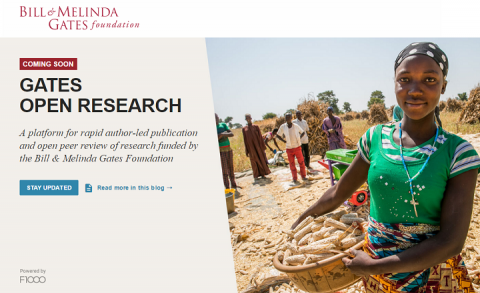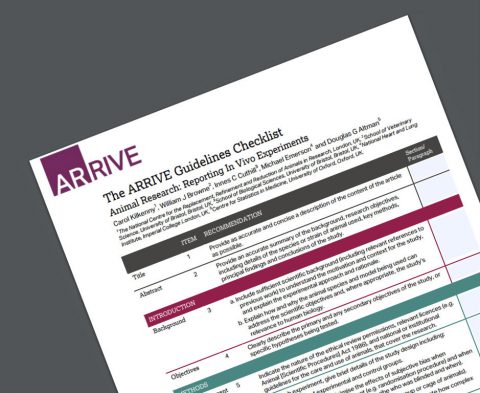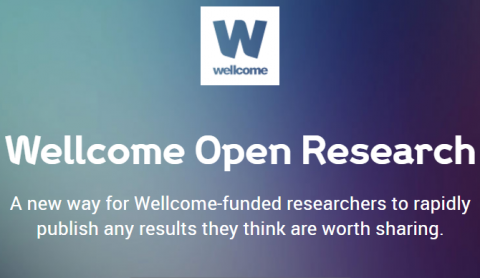Today marks the second and final day of London Calling 2017, a conference dedicated to the latest Nanopore genetic-sequencing technology, such as the portable MinION, and is known for its excitement. Hollydawn Murray, shares the focus for this year’s conference and summarises the technical and software updates for Nanopore technology.
Food production has benefitted immensely from revolutions: the prehistoric agricultural revolution that kick-started it all; the new practices and machinery that accompanied the industrial revolution; and the green revolution of the late 20th century that saw the rapid expansion of newly designed crop varieties and agro-chemicals; all of which helped feed the world’s burgeoning populations.
When we first launched F1000Research just over four years ago, we took the first step on a journey that we hope will change the way the results of scientific research are published by using a fully transparent post-publication peer review model. We are delighted to announce today that the Bill & Melinda Gates Foundation has agreed to join us on this journey by partnering with us to launch Gates Open Research using that same model of publication.
There has been a lot of excitement in the Nanopore community recently from long reads to technical updates. Publishing Editor, Hollydawn Murray, gives us a run down of recent events and speaks to F1000Research author Scott Gigante who has been part of the recent excitement.
Cluster Flow is a pipeline tool developed by the SciLifeLab Swedish National Genomics Facility and the Babraham Bioinformatics Group in the UK. It has been described in a Software Tool Article on F1000Research. In this guest blog, one of the article’s authors, Phil Ewels explains what Cluster Flow is and how it will be of use to the bioinformatics community.
Michael Hanke has published three articles about Studyforrest – a neuroscience project involving the film Forrest Gump – on F1000Research. In this guest blog, he explains to us what the project is about and how it relates to the the multi-award winning film.
Recently an Opinion Article ‘Fairness in scientific publishing’ by Philippa Matthews, University of Oxford, passed peer review on F1000Research after the publication of version 2. Both versions were openly peer reviewed by three reviewers, one of whom was Gustav Nilsonne, Karolinska Institute. In this blog, both discuss what the FAIR Principles – Findable, Accessible, Interoperable, and Re-usable – mean for authors, reviewers, readers and publishers.
Looking for something interesting to read while you wait on an experiment? Treat yourself to a 10 minute break and catch up with all that’s been happening in the world of open science!
The IICARus study is seeking volunteers to help assess the impact of the ARRIVE guidelines on the quality of reporting of in vivo research. Contributors will be listed as authors on the resulting publications. If you are interested in helping you can sign up here. For research involving animals to be as scientifically and ethically…
The first articles have gone live on Wellcome Open Research today; 15 of them in total, with more submissions in the pipeline. The breadth of articles received so far starts to show just how broad these outputs can and should be (not just traditional narrative research articles). It also shows benefits of using such a platform for researchers across career stages, from those just starting out to more experienced and tenured researchers. This is a fantastic start!













